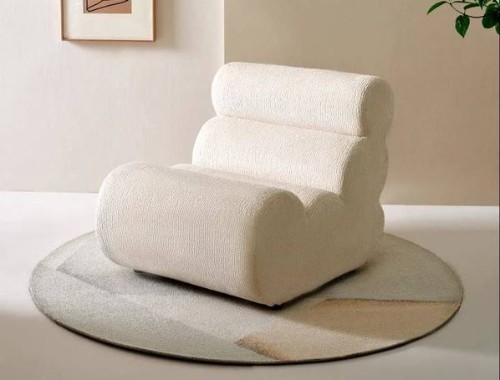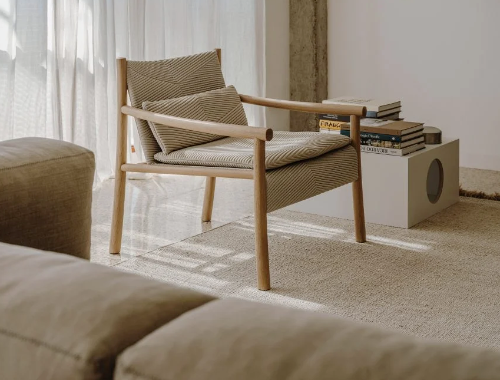ITC explains why it let furniture antidumping duties stand
The U.S. International Trade Commission has posted a 201-page public report containing its views and the information it considered during its recently completed sunset review of antidumping duties on wooden bedroom furniture from China.
WASHINGTON — The U.S. International Trade Commission has posted a 201-page public report containing its views and the information it considered during its recently completed sunset review of antidumping duties on wooden bedroom furniture from China.
After the sunset review process, the agency decided to leave the duties in place for another five years.
The initial order placing antidumping duties on Chinese wood bedroom imports was issued in 2004 after the U.S. government concluded that those products were unfairly priced too low.
The newly released report contains a summary of information the ITC collected during the 2010 review process from importers, domestic manufacturers, trade associations and purchasers.
The commission determined in November that revoking the duty order would lead to continued injury to an industry in the industry. It ruled in December to keep the duties in place.
In the new report, the commissioners said they "have found that revocation of the antidumping duty order on (wood bedroom furniture) from China would likely result in a significant increase in subject import volume that would likely undersell the domestic like product, thereby depressing or suppressing domestic like product prices to a significant degree.
"We find that the likely volume and price effects of the subject imports would likely have a significant adverse impact on the production, shipments, sales, market share, and revenues of the domestic industry.
"These reductions would have a direct adverse impact on the industry's profitability and employment as well as its ability to raise capital and make and maintain necessary capital investments.
"We therefore conclude that, if the antidumping duty order were revoked, subject imports would be likely to have a significant adverse impact on the domestic industry within a reasonably foreseeable time."
The report also said that several respondents argued that the commission should recognize settlement payments as part of its review. Some Chinese manufacturers have made settlement payments to the U.S. companies that originally petitioned for the antidumping review as a way to avoid the administrative review process, an annual review of a factory's duties to determine whether its rates should be adjusted. The petitioners can withdraw from review the companies that make such payments.
The ITC said the settlement payments were "not relevant" to its decision on whether to leave the antidumping duties in place.
Commissioner Daniel Pearson, however, attached a dissenting statement to the report saying the settlement agreements raised "troubling questions." He added that "additional costs and distortions have been added by the use of the administrative review and settlement process, with little evidence that these distortions have yielded any benefits to the industry overall, the U.S. consumer, or the U.S. taxpayer."
The report says that about 57 firms continue to make wooden bedroom furniture in the United States, compared to about 50,000 in China.
-

Quanyou teamed up with the fashion brand ANNAKIKI to launch a new joint product!
-

Outer, an outdoor furniture brand founded by Chinese, enters the Australian market
-

National Bureau of Statistics: The retail sales of furniture in the first three quarters reached 120.5 billion, an increase of 20.7%
-

Enveloping lounge chairs and lightweight office chairs from Arper feature

 沪公网安备31010402003309号
沪公网安备31010402003309号



